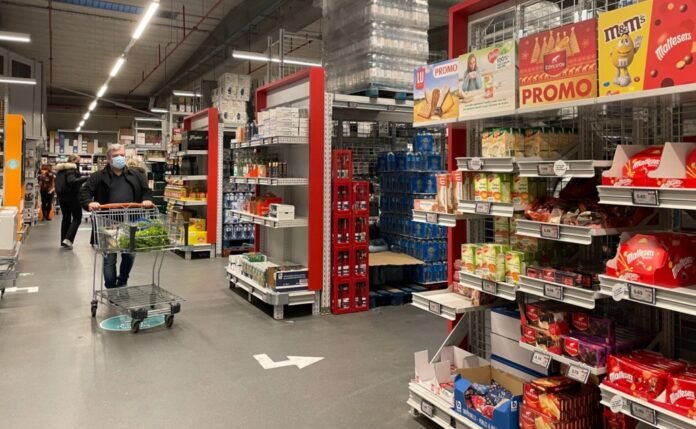Inflation continues to rise in Belgium nearly by 10 percent, the cost of living is likely to ease, and it is also expected that Belgium will soon face uncertainty in energy prices. Although inflation is a worldwide concern, and a country’s national differences are sometimes stark, especially when broken down.nearly by 10 percent, the cost of living is likely to ease, and it is also expected that Belgium will soon face uncertainty in energy prices. Although inflation is a worldwide concern, and a country’s national differences are sometimes stark, especially when broken down.
The widely preferred inflation rate has increased the price of all sectors, which means that the overall rate of prices is risen by far more than the overall rate of inflation.
According to the information provided by the sources, energy prices have been the most eye-watering since last year, which is a worrying situation for Belgium.
However, the distinction among the EU countries is unusual and highly depends upon the energy mix of individual Member States.
France derives over 70% of its electricity from nuclear reactors, making it significantly less dependent on Russian fossil fuels and thereby keeping its overall inflation from rising as elsewhere on the continent.
But altering a nation’s energy supply is a years-long process: wind farms don’t grow overnight; even if they did, adjusting national grids and heating systems to run with different energy sources is a major undertaking.
Disappointingly, this sees many EU nations turn to old energies that might make up for immediate shortages but are also known environmental disasters.
Climate targets are falling to the wayside as states back on coal as the only viable energy guarantee once the summer months are over. This decision is a sad relapse to darker days for anyone with a shred of environmental concern.
